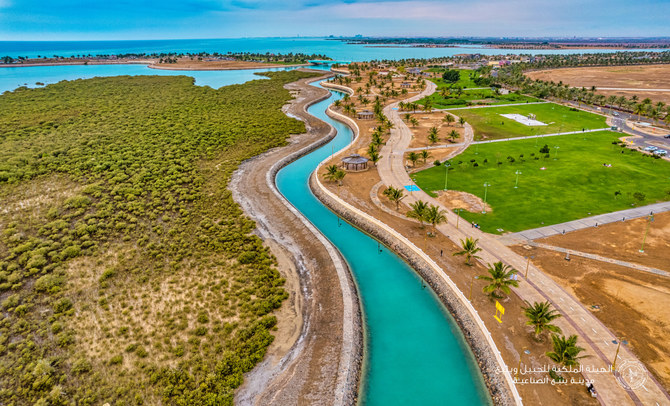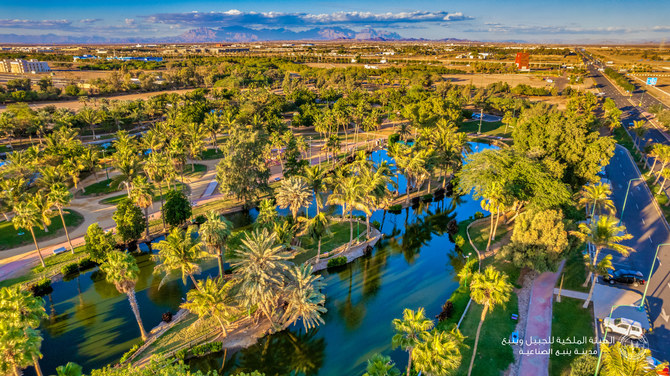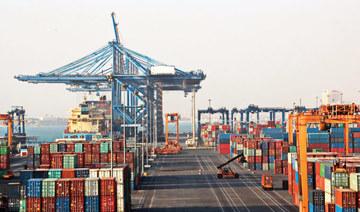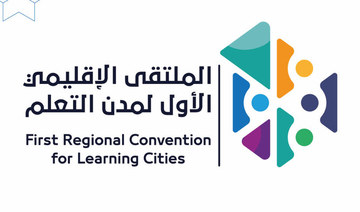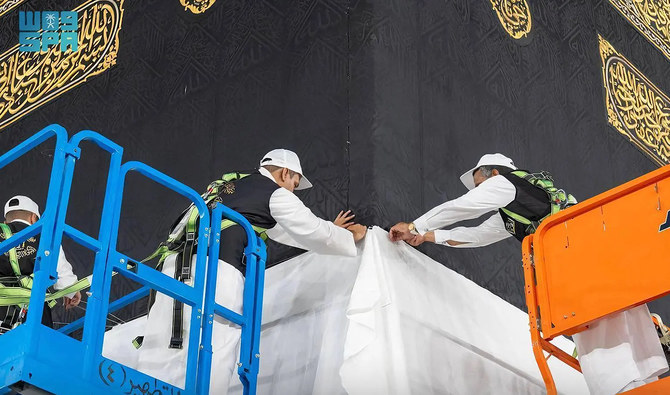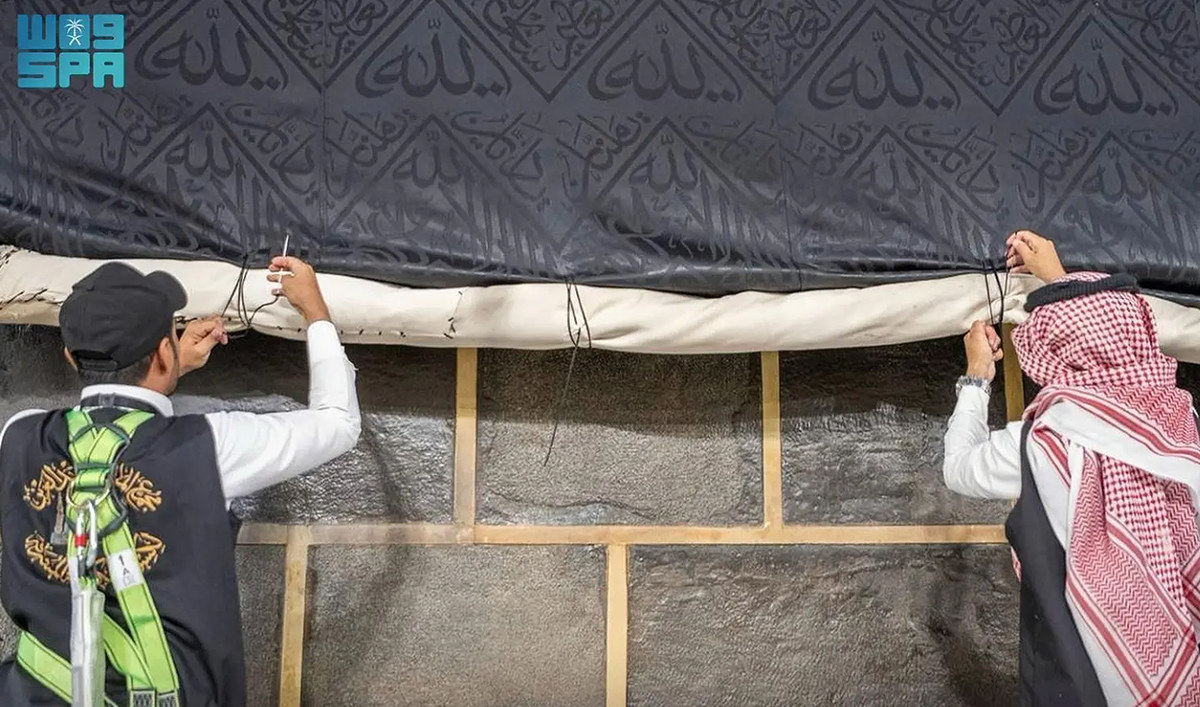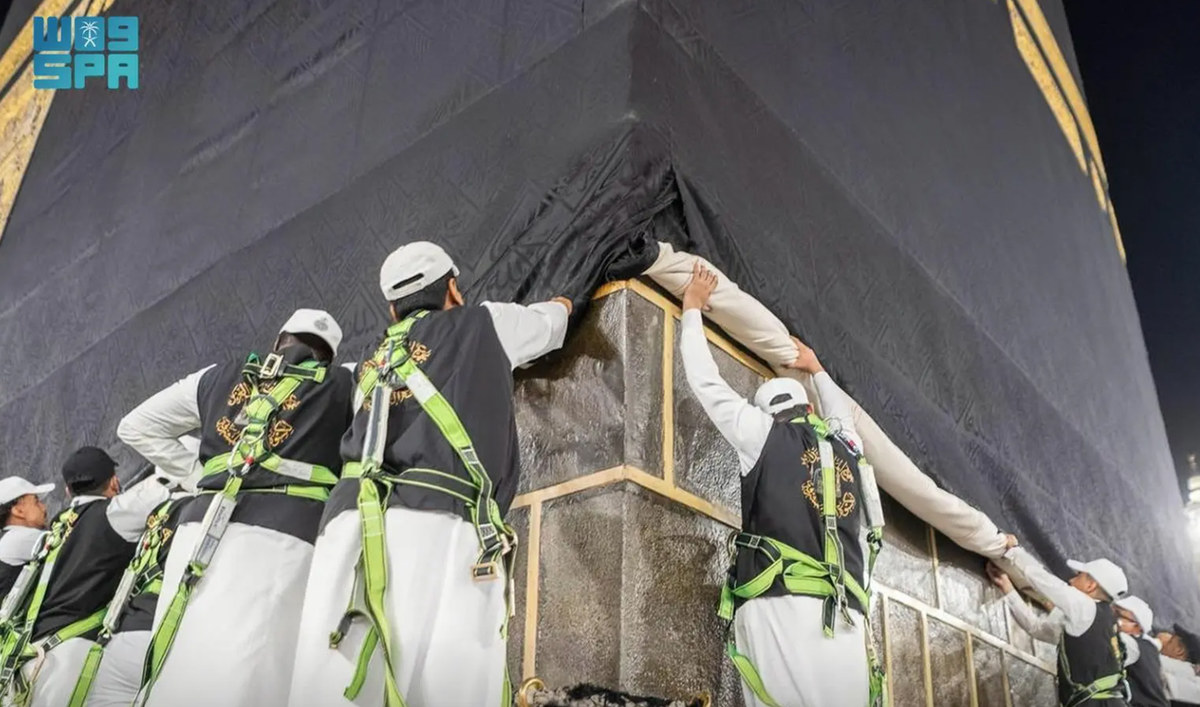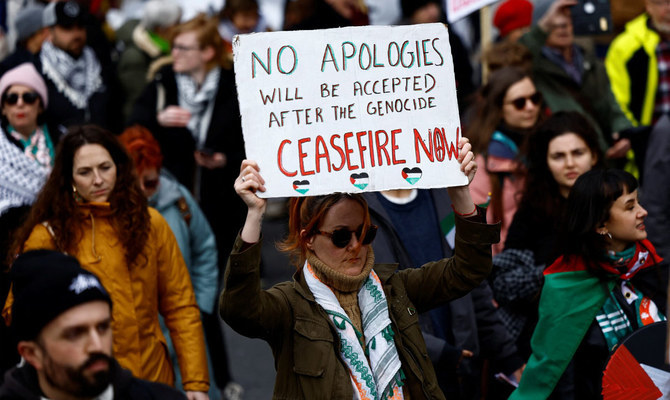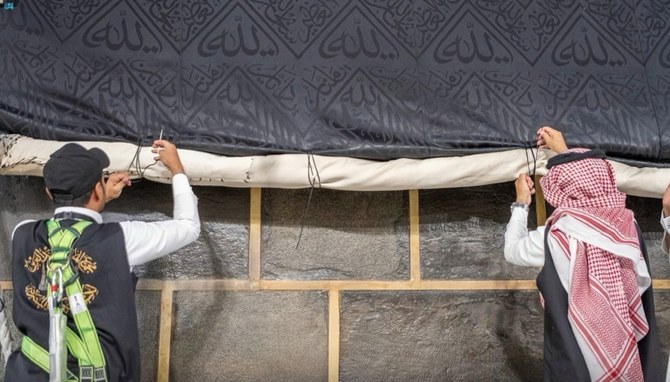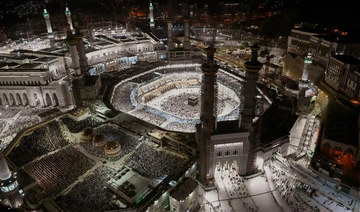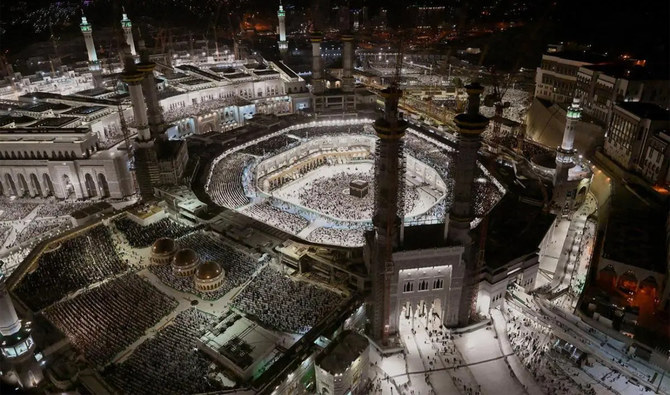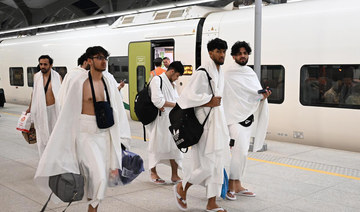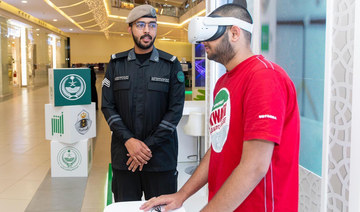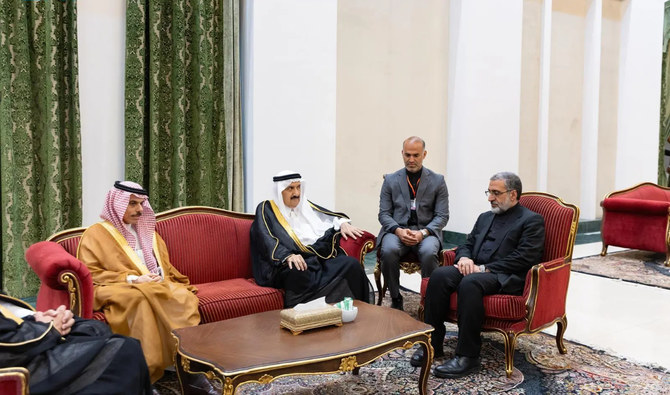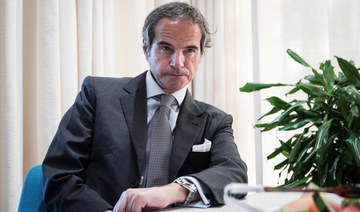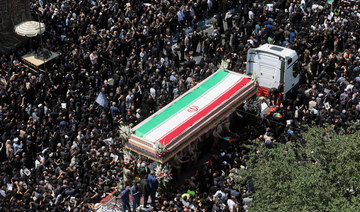YANBU: Bringing together state-of-the-art technology to run viable factories for a sustainable future, Yanbu, the second largest settlement on Saudi Arabia’s western Red Sea coast, has become a benchmark for developed industrial cities, where people, industries and technology come together in harmony with nature.
Abdulhadi bin Abdulrahman Al-Juhani, CEO of the Royal Commission in Yanbu (RCY), told Arab News: “Yanbu Industrial City is a worldwide benchmark for highly developed industrial cities. It is home to the largest industrial port on the Red Sea, the second largest industrial complex in the Kingdom, and the fourth largest crude oil refinery in the world with a total area of 606 sq. km.
“Yanbu Industrial City adopts a sustainable vision that consists of integrative regulations and standards with best environmental management practices that are in line with the pillars of sustainability and quality of life. Yanbu Industrial City has achieved significant sustainable performance in major fields of ecosystem conservation, energy and water efficiency, quality of life enhancement and waste recycling,” he added.
Al-Juhani said that the city offers sustainable nature and ecology with an 11-km long waterfront and 37 local parks containing almost 5 million sq. meters of green space and over 100,000 trees.
The city also hosts more than 15 million sq. meters of mangroves, conservation areas, coral reefs and wildlife habitats.
Yanbu has state-of-art road-infrastructure with more than 10 million sq. meters of roads and 1,600,000 sq. meters of pedestrian walkways which efficiently connect the entire community and industrial areas, said the RCY CEO.
The efficiency of the road network has led to a reduction in vehicle travel times.
RCY also uses advanced traffic management technologies. More than 100 road intersections are equipped with SCATS, an intelligent transportation system that manages the dynamic timing of signal phases at stops.
Al-Juhani added that RCY implements a comprehensive environmental program to regularly monitor the quality of a range of water sources, including drinking water, sea water, groundwater, cooling water, irrigation water and industrial wastewater.
All sources are tested against RCY’s environmental quality standards, which are equivalent to the US Environmental Protection Agency’s guidelines, Al-Juhani told Arab News.
Wastewater generated in Yanbu is treated at a central plant. The water is also reused to irrigate green spaces and plants. More than 8 million cubic meters per year of treated sanitary water is reclaimed to supply the city’s 3-million-linear km-long irrigation network.
Storm water is efficiently managed within the city through more than 185 linear kilometers of channels in industrial and residential areas. The boundary of the city contains a 38-km flood protection channel that is designed to handle extreme weather events.
Al-Juhani said that RCY has established a program for air quality management in the city, which includes 11 quality-monitoring stations that ensure industrial emissions are within permissible limits.
To promote energy efficiency, RCY has equipped more than 70 percent of its street lights with energy efficient LED lamps.
RCY has a specialized department for the collection of municipal waste, using trucks to collect waste from 14,300 designated points in residential and industrial areas.
The city recycles 6.2 percent of municipal waste per year.
The commission also recycles 56 percent of hazardous and non-hazardous industrial waste through specialized treatment companies.
Yanbu became the first industrial city in the world to be awarded the gold certificate in Leadership in Energy and Environmental Design for its sustainable performance, Al-Juhani said.
With a growing wealth of attractions, the unassuming coastal city is fast becoming a must-visit destination in the Kingdom.








